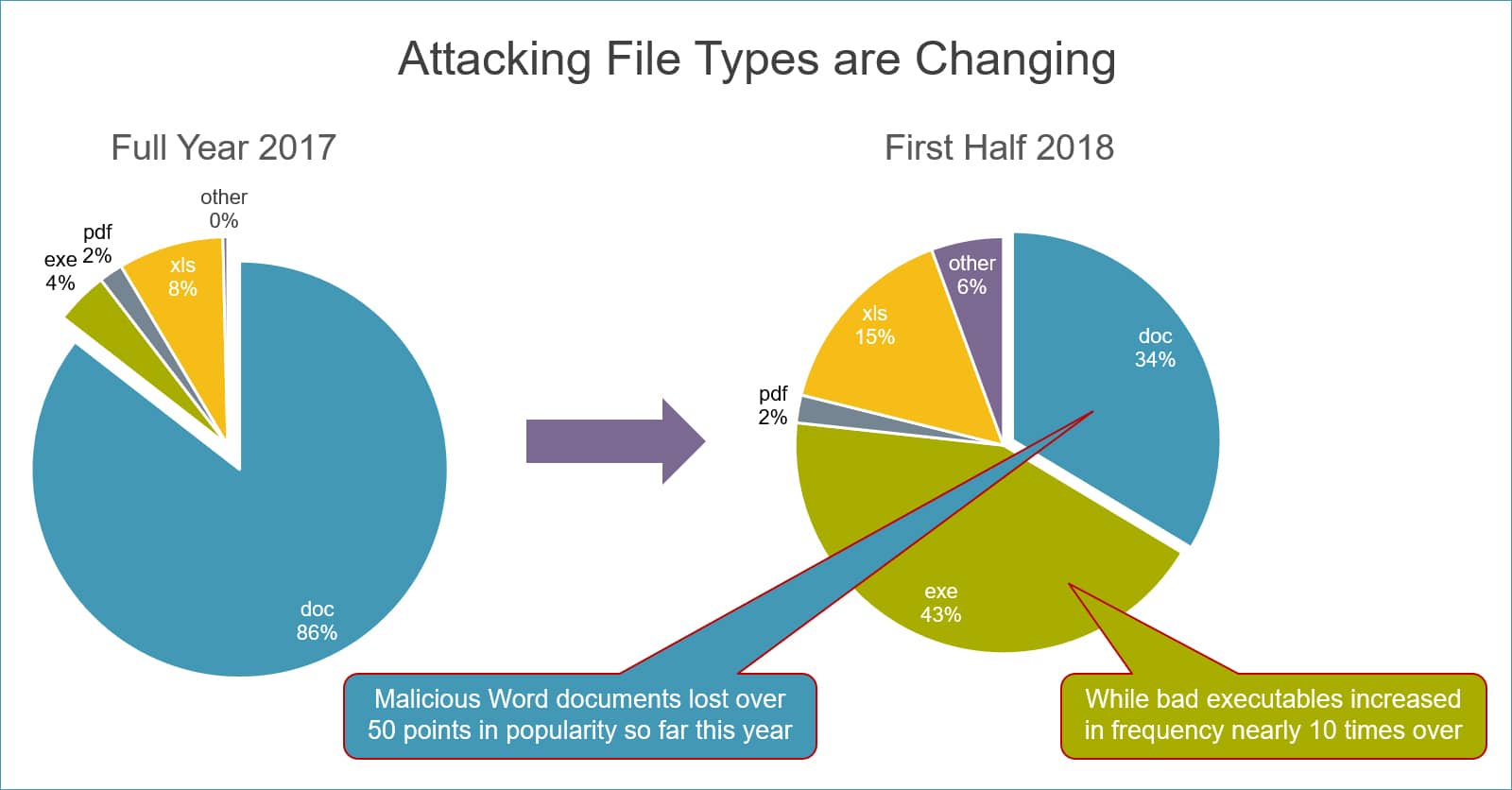A file-based attack is a type of cyberattack that relies on malicious software applications, documents, and other files in order to exploit a vulnerable system. In a file-based attack, the attacker attempts to deliver an executable malicious file to the victim through various vectors such as email, web downloads, or USB drives. When the victim runs the malicious file, malicious code is then installed on the victim’s system, allowing an attacker to gain remote access and begin to extract sensitive information, install further malicious code, or perform other malicious actions.
File-based attacks are one of the most common types of cyberattacks, as malicious files can be relatively easy to create and deliver to the victim, especially when they are simply embedded in harmless-looking documents or webpages. Common file-based attacks include ransomware, trojans, and rootkits. In order to defend against this type of attack, it is important for organizations and individuals to ensure that they have up-to-date, comprehensive cyber security solutions in place. These solutions should include anti-malware software that can detect and eliminate malicious files, as well as monitoring and patching of the system to ensure that any vulnerabilities are addressed promptly.






